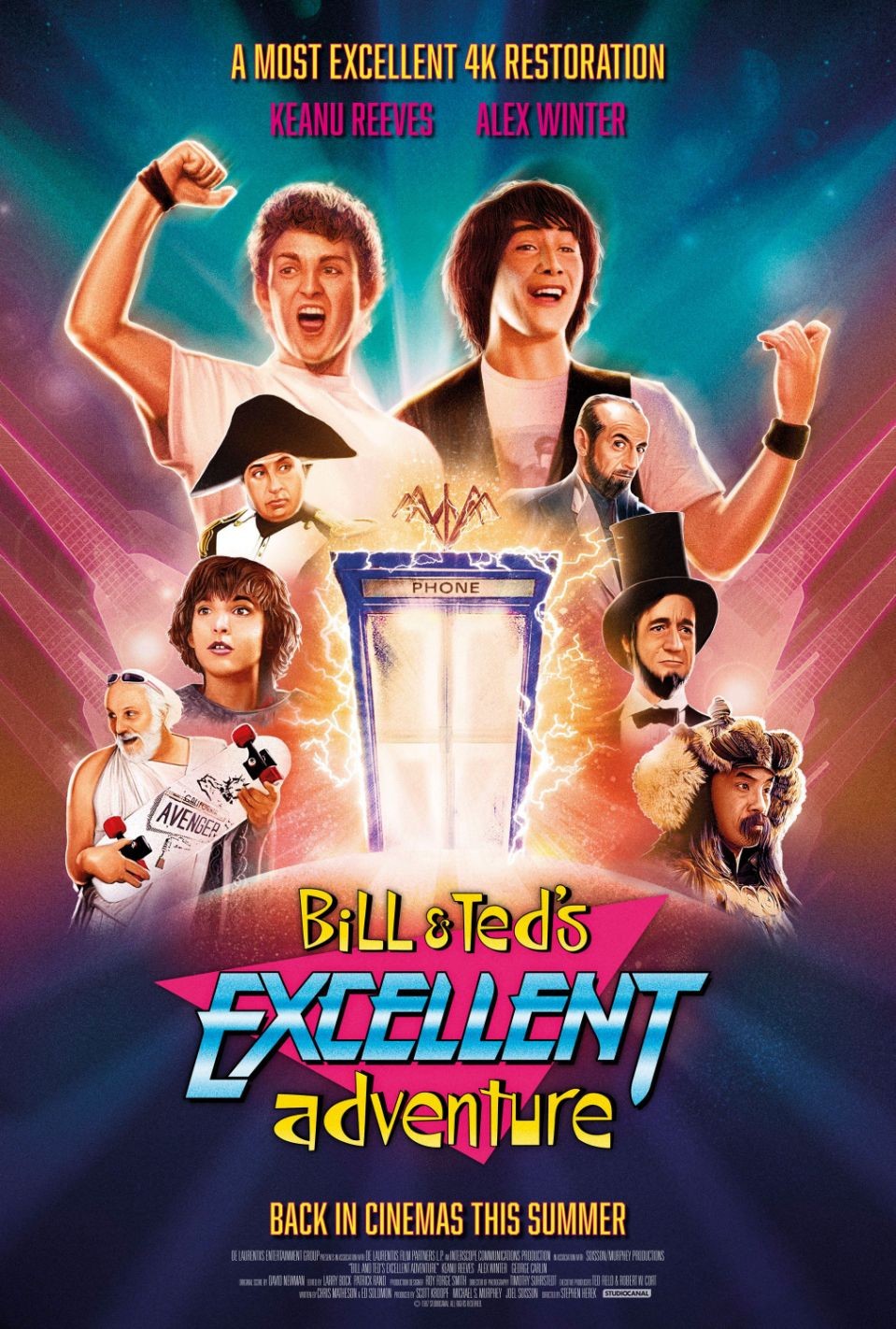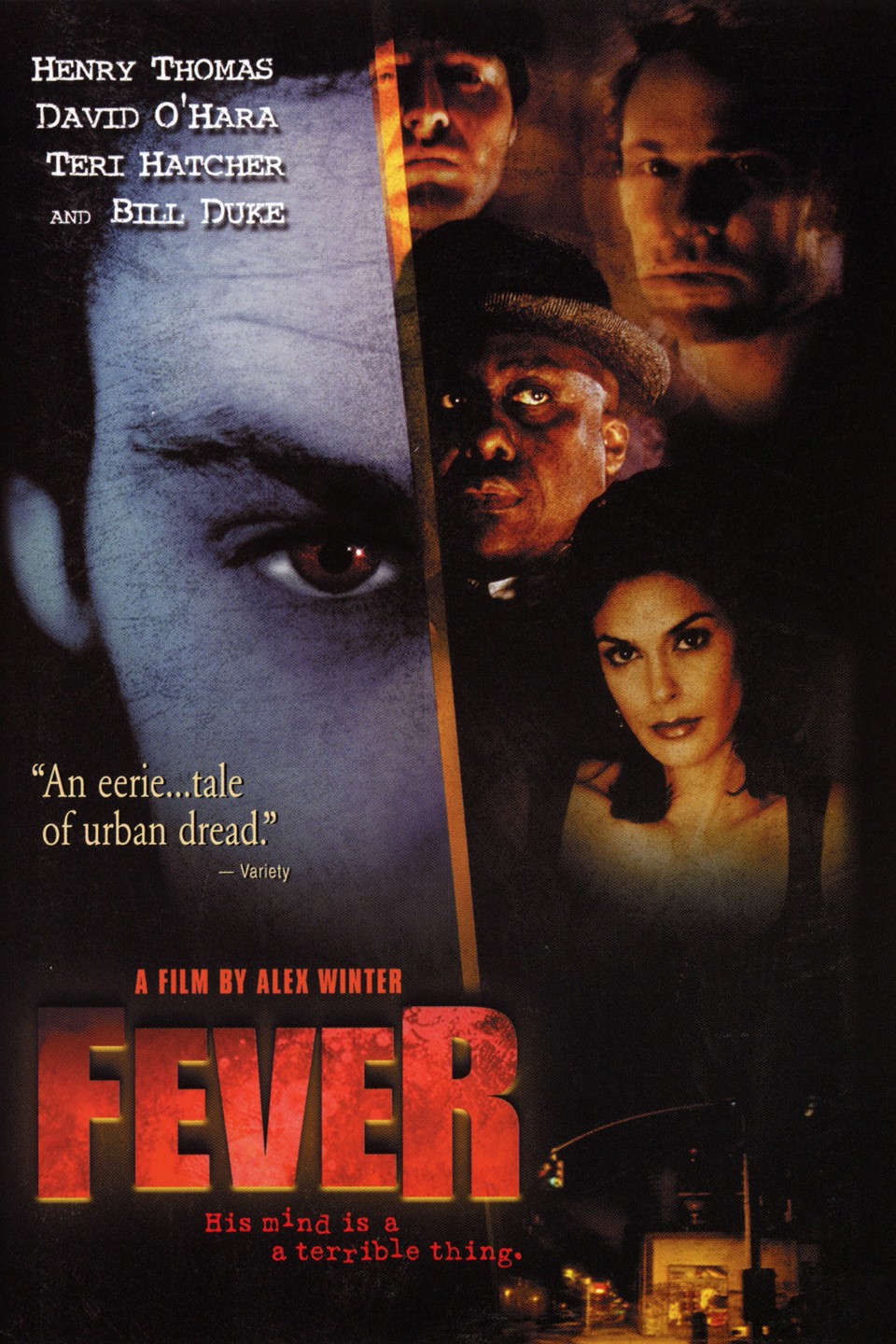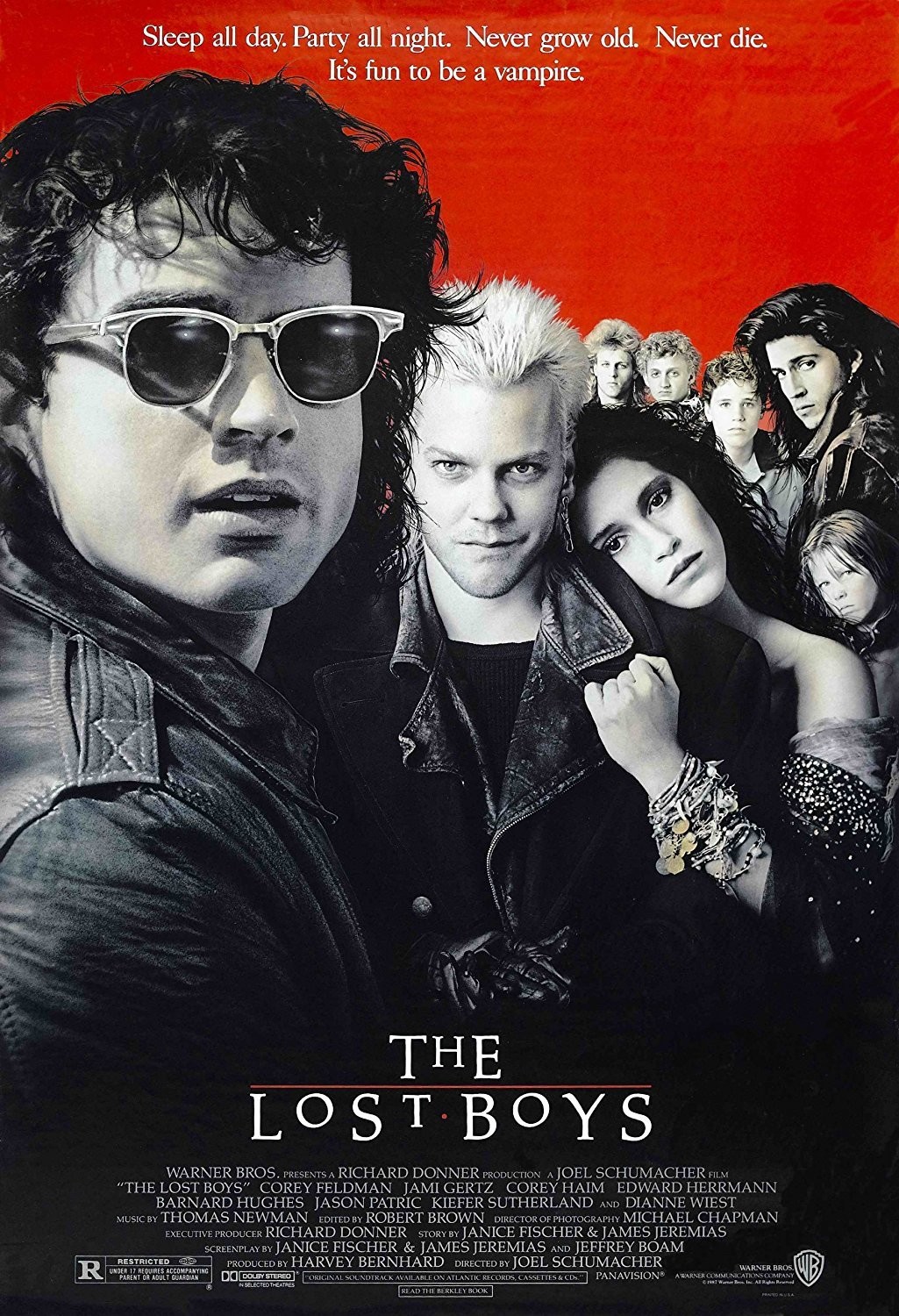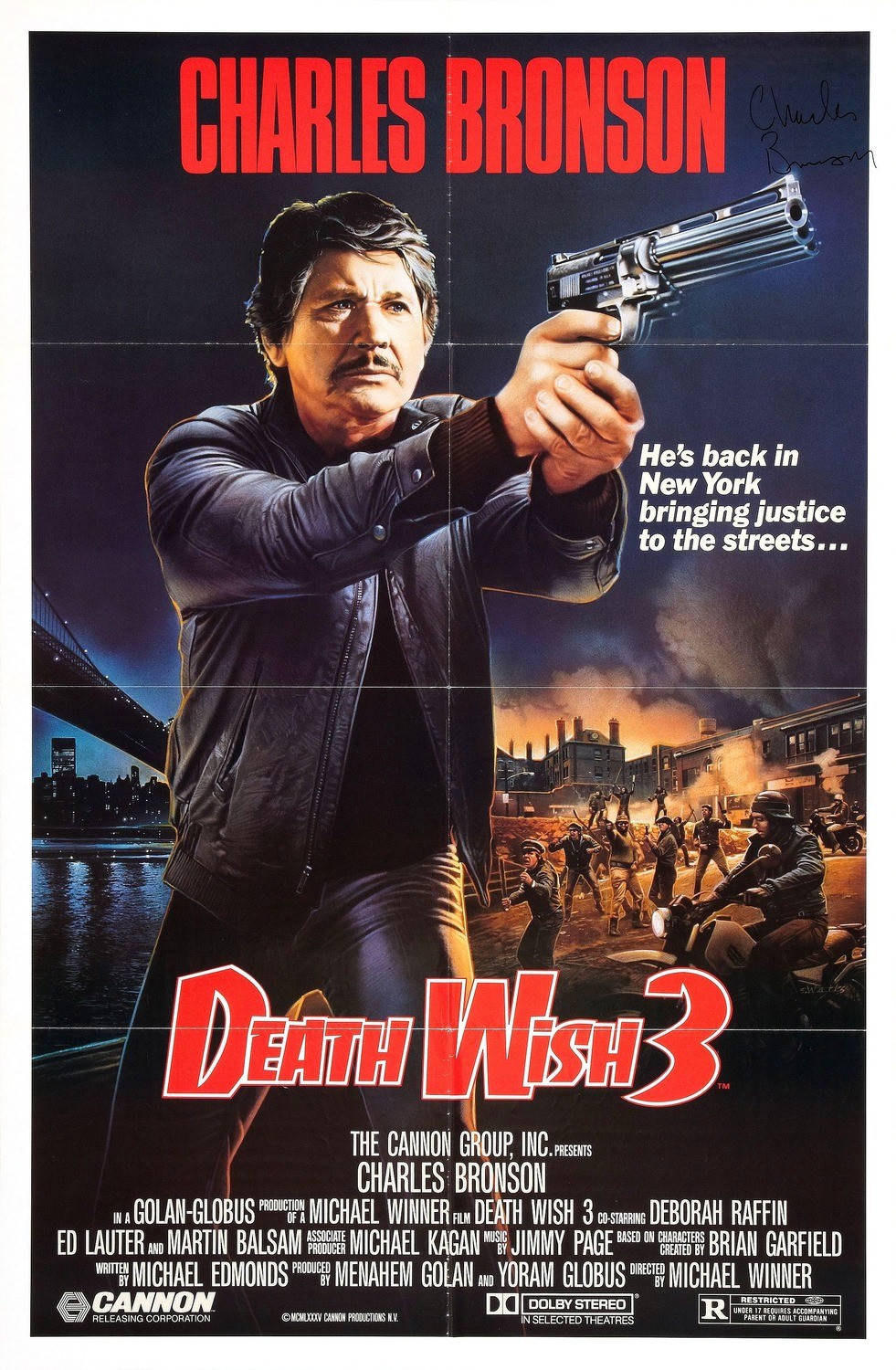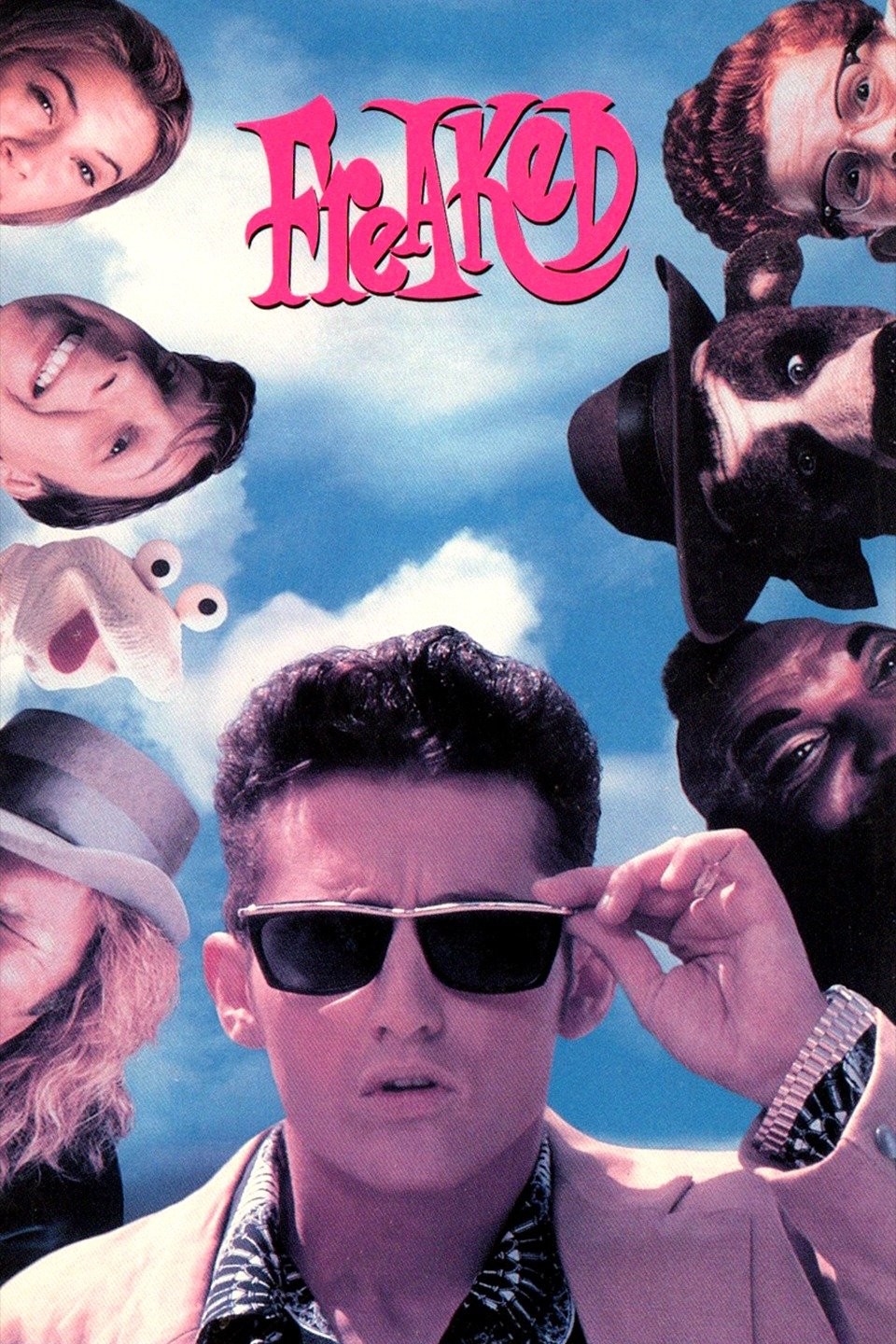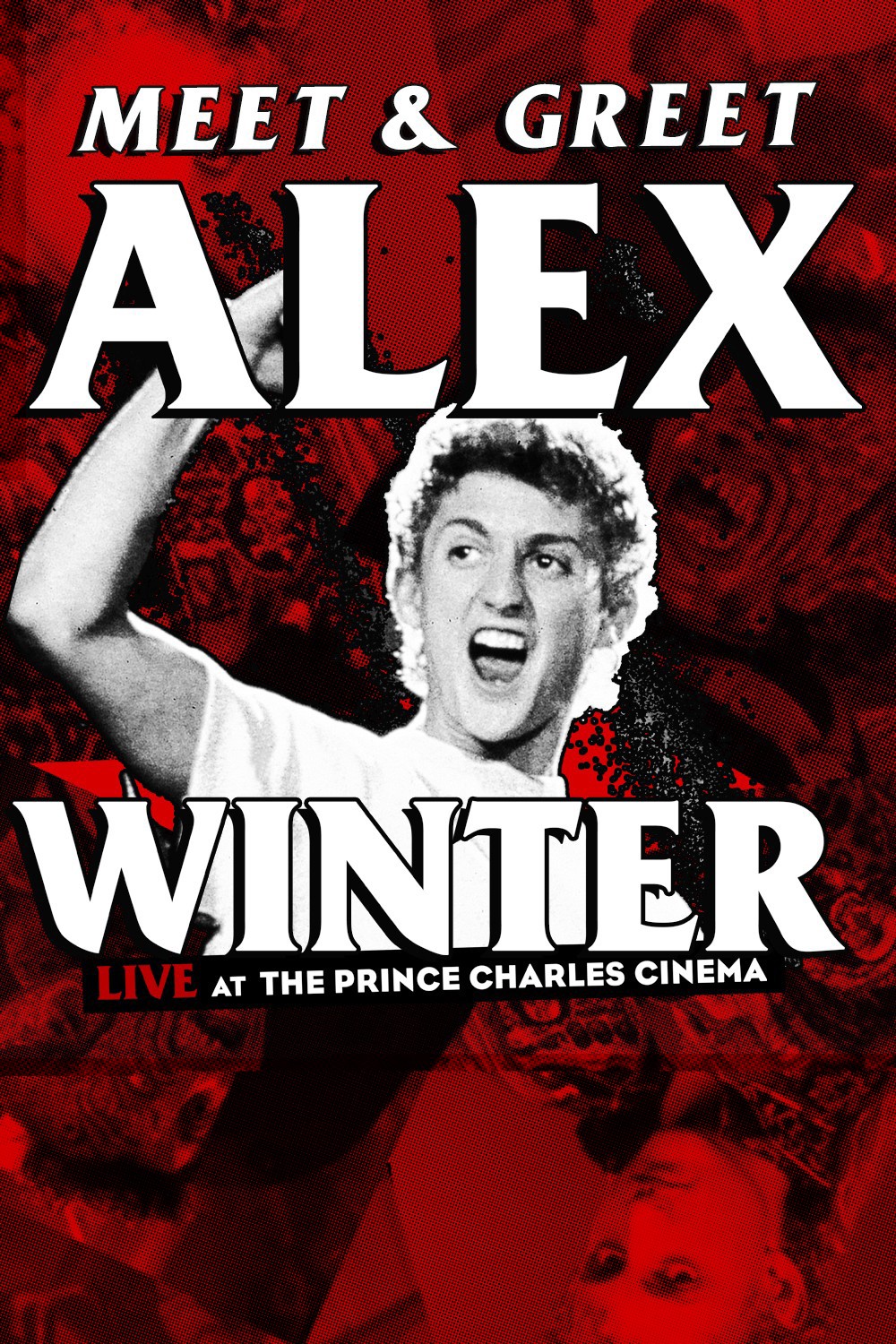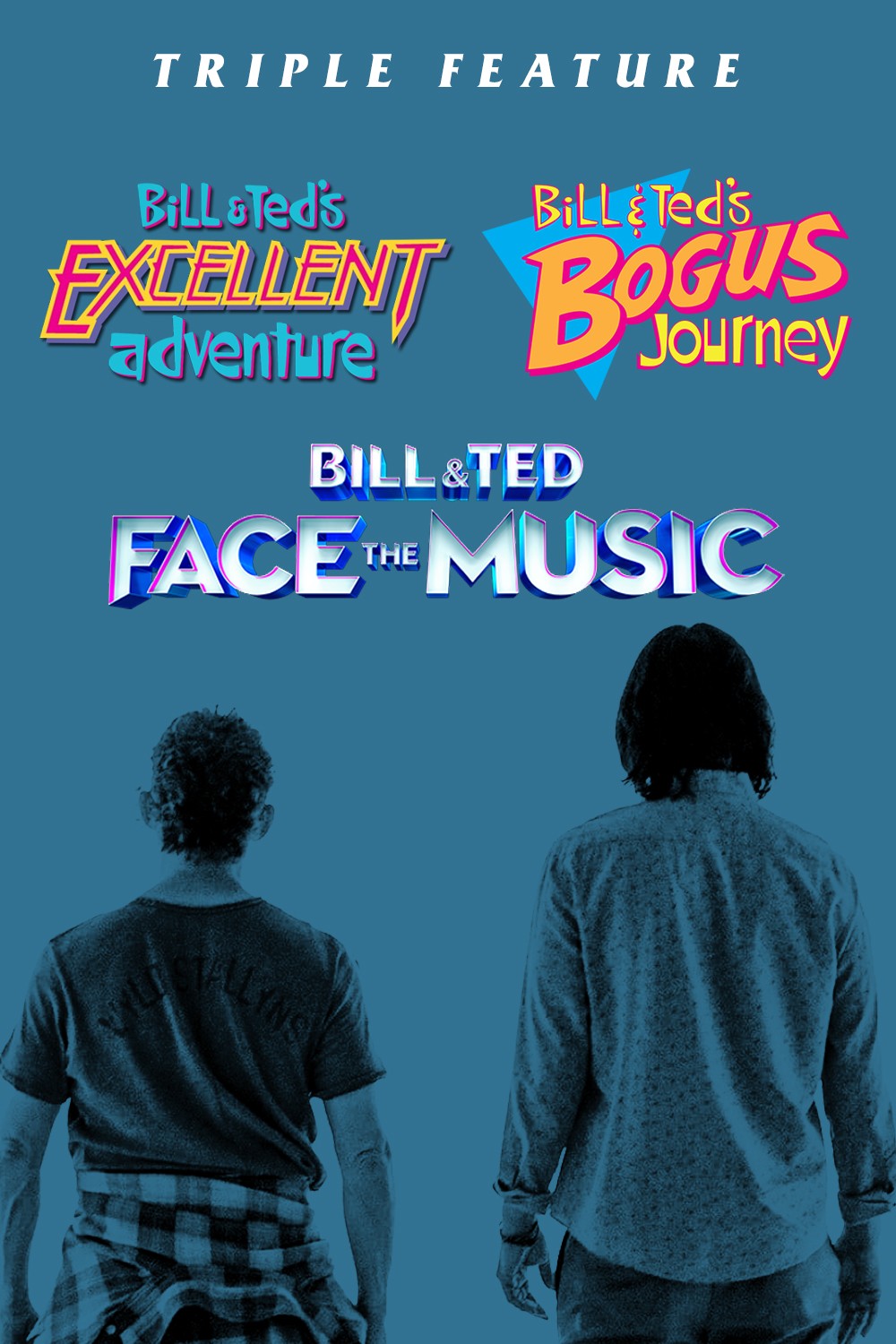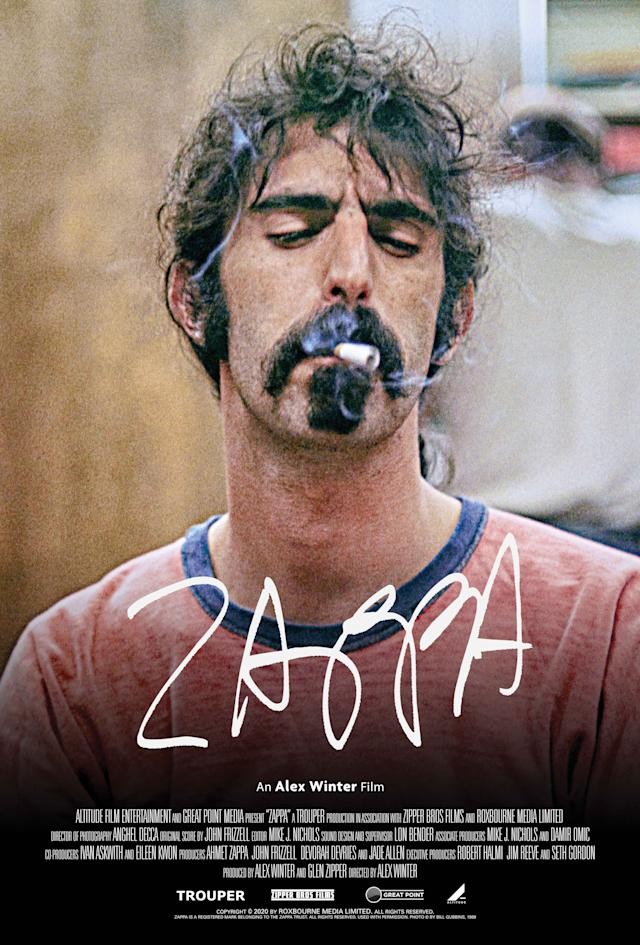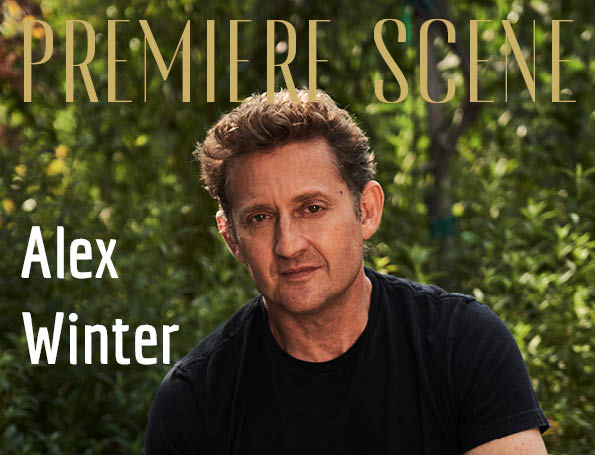
By Claire Bueno
April, 2022 sees the Prince Charles Cinema welcome VIP guest Alex Winter. Known for his work in many iconic movies including the Bill & Ted trilogy and The Lost Boys, he is also a prolific documentary filmmaker. London born, Winter will appear for a number of film introductions and live Q&As. Films screening including Bill & Ted's Excellent Adventure, Bill & Ted's Bogus Journey, Bill & Ted Face the Music, Freaked, Fever, The Lost Boys, Death Wish 3 and Zappa.
As the producer of the documentary CLEANIN’ UP THE TOWN: Remembering Ghostbusters I have followed Winter’s filmmaking career with interest and admiration. He has been on my wish list of interviewees for some years and so I plucked up the courage to invite him to talk with me about his career and application to his craft. One of the many things I have learned is that patience is a virtue and all good things that come to those that wait. So ahead of these public appearances the universe answered my prayers as we sat down over Zoom for a one to one interview, and it was worth the wait. Without doubt a seasoned pro, smart and articulate, what an honour it was for someone of Winter’s calibre to talk and share his knowledge so candidly, I learned such a lot in such a lot from our conversation and I’m sure you will too.
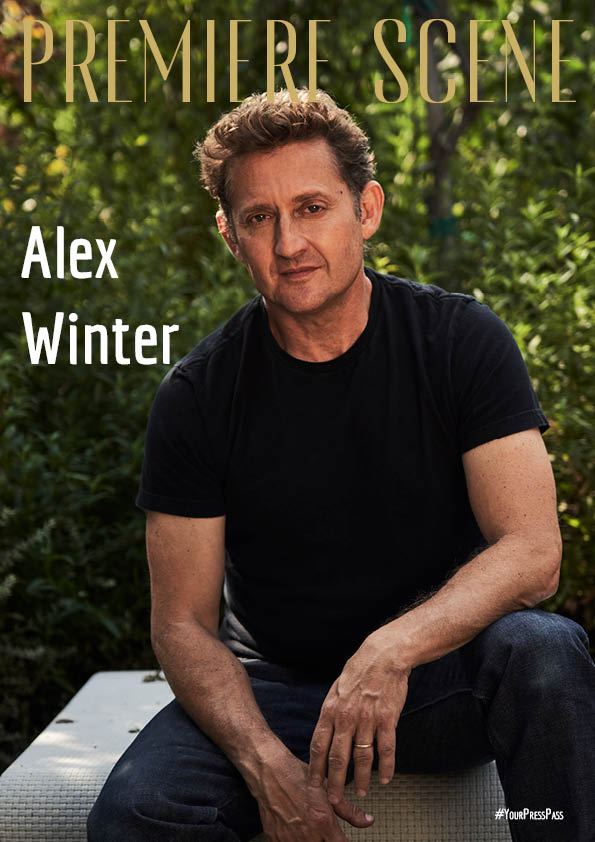
Zappa is screening at the Prince Charles Cinema and I believe it’s just been released on Blu-ray in the UK. What I took from Zappa is it’s such an intimate documentary, respectful and a tribute to him. And it makes me think we are in such a privileged position as documentary filmmakers, was it paramount to you to be respectful to the Zappa legacy?
Yeah, I think it was, not to be disrespectful, it probably wasn’t paramount, but it was a priority. When I pitched the story to Gale I actually said to her, I mean with huge respect, because I had enormous respect for Gale Zappa, she was an incredible human being, who is no longer here. But I said to her that I really needed to be unshackled from them in a way, and allowed to just tell a story that was honest and blunt and wasn’t a family business dynasty narrative. And without that freedom it really wouldn’t be worth doing, because it would end up being like a two hour commercial for the Zappa record business. And she was very cool about that and so the editor Mike Nichols and I just dug into telling the best story we could. But I wasn’t cavalier about it, I definitely held them in mind and also held Zappa in mind. I sort of felt his spiritual presence over my shoulder and while we were saying somethings about him that were critical, it wasn’t a white wash. I didn’t want to drag him through the mud and didn’t want to drag the family through the mud.
Zappa was a prolific archivist, which gave you the luxury of telling his story through his words which makes the film feel incredibly intimate?
Yeah and there were many surprises making the movie, I’d say that one of the biggest, pleasant surprises when we got into the archive was how much media there was of Zappa talking, either on camera or on audio. And that was unexpected, almost all the stuff had never been heard before. But to your point it was very intimate and why that was great for me was because the film I wanted to make was a personal, intimate examination of this guy who to most people was so opaque, and wore a mask and was very much a showman who always had a kind of persona. And most of the documentaries that have been made about Zappa in the past, actually all of them really I would say, never got behind the mask, it was always this very aloof persona. Very entertaining,
very articulate, but very aloof and distanced. And I really wanted to penetrate that, and figure out who he actually was without the mask on, and all that media got us there.
As artistic people it’s not always easy and he’s unapologetic about who he is, you have to accept him for who he is or don’t have him at all, and I found that rather refreshing.
Me too, and I think that is one of the things about Zappa that drew me to him as a person, regardless of his art to be honest with you but, I also knew being an artist myself and coming from a family of artists, I also knew, which is not revelatory that is a bit of a mask to, right? Like there’s a self-protective mechanism moving through the world as a creative person, where you’re just like, ‘I don’t care, and whatever.’ That thick exterior can often mask a very thin skin. And I was interested at getting at that, I was interested at getting at his insecurities and his
depression and some of the challenges that he was facing personally. And thankfully we were able to, thankfully Zappa was an honest enough human being that there was media there that spoke to his insecurities.
And for you as an actor you study the human condition, so how important is it for you to infuse the human interest stories into your documentary filmmaking?
Yeah I think that the reason I started making docs, because I had a straight narrative background and I studied film and writing primarily, was my interest in human beings. And documentaries are, not all of them are, but most of them are about people and about the greys of people that’s why they are so compelling, I think. And that’s what makes them different from the narrative form, and whatever form narrative takes it is a type of construct, and part of its allure is it’s somewhat distanced from the actual muck and truth of human life that is not quantifiable. And that’s why I like docs, I don’t make legacy docs, I wouldn’t be as drawn to a doc like that about Zappa if all I wanted to say about Zappa was how great he was. To me I was drawn to his imperfections and to the shades of grey, to the paradox, to the things that didn’t make sense. Things that made me angry, you know people would say, ‘Some of Zappa’s songs make me angry.’ And I would say, ‘Yes, me too.’ Like, I’m not a blanket evangelical fan, l like some of his music, I don’t like some of his music, I love some of his lyrics, I very much don’t like some of his other. It’s like, he’s a human being; he’s a 360 degree thing. And that’s very much why I make documentaries. I’m making a technology doc again right now and I’ve made several of those, and to me those docs are always about people. They’re not about code and they’re not about abstract ideas, they’re about these very human people at the centre of those stories.
“It really just begins with a really good story and one you’re willing to fight to tell, because it will be a fight.”
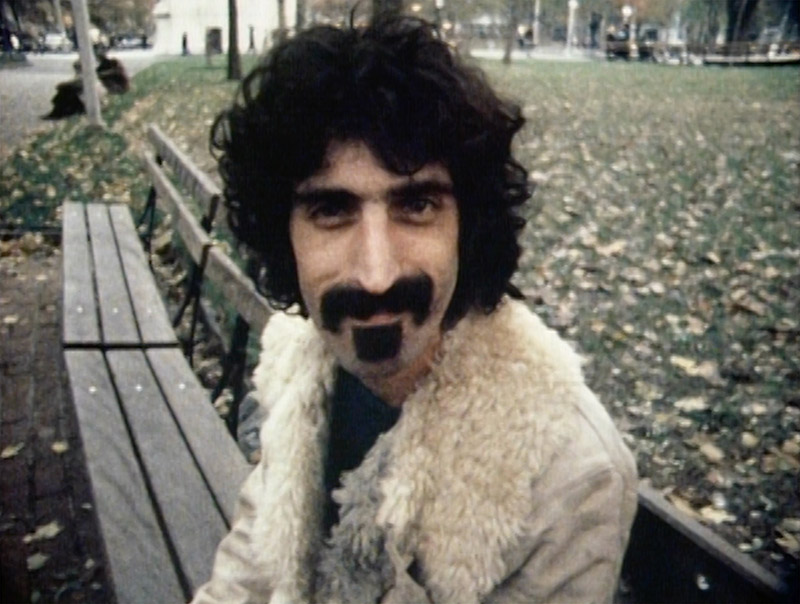
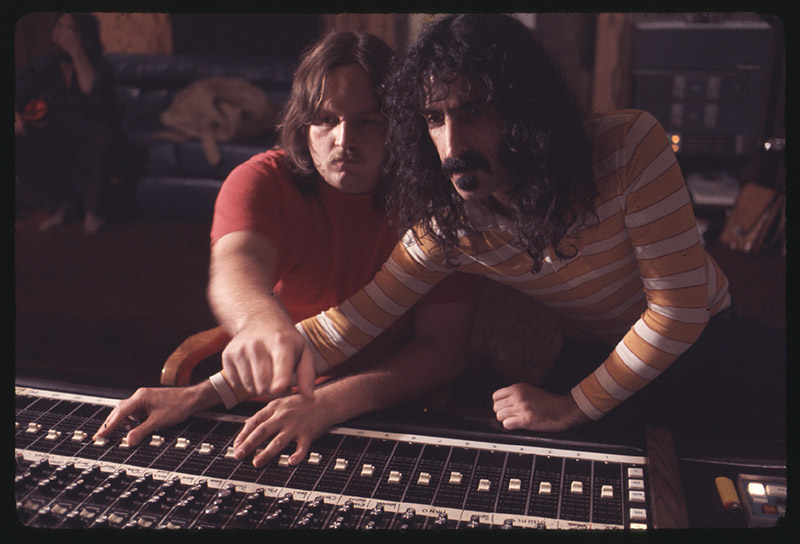
I come from a technology background, I’m a Microsoft Certified Systems Engineer (MCSE).
Oh great, you’ll like our new doc then I think (laughs).
Oh yeah (laughs)! And I know how my knowledge of technology has helped me within every aspect of filmmaking career. And I wondered how technology has helped you in all aspects of filmmaking because it has made filmmaking so much more accessible hasn’t it?
Yeah I have been fascinated about that from the beginning. I got into technology in the ‘80s and I started working with it pretty significantly by the early ‘90s with visual effects and things like that, and the early days of CGI. And I was very big in the internet communities that were coming up online, pre-web BBS and IRC and all that stuff and all that chat, news net groups that were evolving at that time. And so as a filmmaker I was very much caught up in the shift from analogue to digital. You know I’d gone to film school, we’d cut on Moviolas, with actual film going through sprockets. We shot on film, I was a photo minor so I was developing film and chemicals, it was all very hands on, and almost immediately coming out of film everything was moving into the digital space, first with editorial, and after that with the actual film capturing process itself, that all went to video and then to chip very quickly. So my first documentary was about Napster and I got very close to the two guys who created Napster while they were working on Napster, towards the tail end of the company. And to me that was really a story about two guys who were at the forefront of a revolution. Found themselves unwittingly as the front end of a revolution and were executed summarily as a result of being
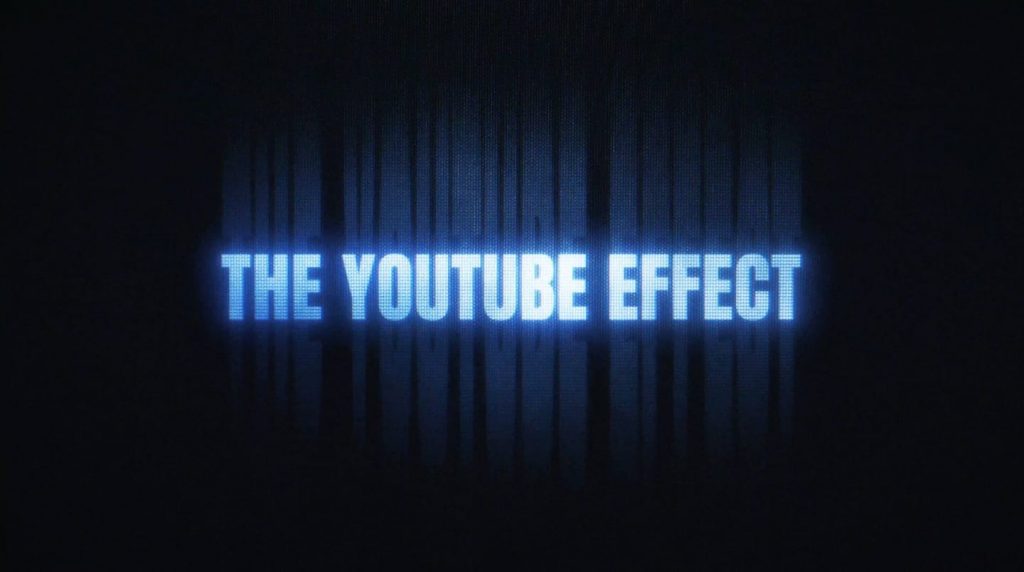
the first people through the door, and that’s essentially what that film’s about. So these are issues that are very important to me that I have tracked throughout my career. And the documentary I’m making now is the tail end of that story which is about YouTube and Google. It’s all about what happens when you get all the way to what we saw coming with Napster, which was that platforms that should be the front media and frankly community front end for the entire planet, and what does that mean; especially when they’re owned and controlled by titanic, monopolised corporations. So that’s the story we’re telling right now (laughs).
(Laughs) That’s not an easy read?
No and it’s not light either (laughs).
It’s often easier to make documentaries but harder to finance, I know for Zappa you did a Kickstarter as we did. Can you give any other documentary filmmakers advice about how we can be more resourceful in financing our films?
Well there are essentially two ways to go, well there’s three ways to go. You either pick up the camera and start shooting on your own and make the thing and go get finishing funds and distribution, which is a very, very good way to do it. It’s just not a job, right? It’s not gonna pay you anything, unless you’re on the other end, you make a good enough deal that you can pocket some of that money or you can build a fee in to what you’re selling, but that is often not the case. Or you can do a crowdfunding campaign which is very hard and not often successful. It kind of ran its course in a way that process, I’m not sure. There’s certain really fantastic organisations like Seed&Spark that are more directly geared towards artists and are very equitable. And then there’s the route of going and getting the money before you start, which is what I do. I mean I have a production company, we all get paid, there’s an underlying profit that needs to occur to both keep the company going and my staff going and me going. So I don’t pick up a camera and go shoot, I will come up with an idea and go out into the world with buyers and independent financers and sell it and then we don’t start until we have all the money. And that has worked very well for us because we live in the golden age of docs and there’s a lot of buyers out there nowadays. But there are many ways to skin the cat and any number of them work, it really just begins with a really good story and one you’re willing to fight to tell, because it will be a fight. It doesn’t matter if you have Netflix or HBO as your buyer, it’s still gonna be a fight.
We were very idealistic, we were self-financing for the first eight years then we did a Kickstarter which has been a blessing and a curse, ours was successful, but yours was incredibly successful! You’re often dealing with people who don’t understand the filmmaking process and how long films can make, so you spend a lot of your time doing customer service.
Yep, you sure do and that’s for life to (laughs) that doesn’t go away at any point to, yeah.
I’m not sure it would be something I would do again.
I honestly usually tell doc filmmakers not to do it. Making a movie is very hard, running essentially a giant online store is also very hard, so you’re doing both. And most doc filmmakers, if they are making docs they probably have a day job, right? So they have a job and a life which is probably pretty consuming, then they are making a film which is extremely consuming, and then they are running an online store and managing a finance operation, which is equally consuming and there’s just not enough room in the pie for all of that. So it’s a very, very, very challenging thing to do and I usually tell people not to do it.
I’ve noticed as well when I’ve looked at your back catalogue of work, you’ve produced documentaries concurrently, so you have several different projects running at the same time, is that done by design so you’re always busy?
Yeah that’s why I do it, I mean things take time and I like to be developing other projects, that’s why I have a company developing other projects while I am working on a film because by the time that film is done I usually know what I want to do next and I can get rid of the chaff and keep the wheat. But we don’t spread ourselves to thin, I mean we are a small company and focusing on one piece of a project at a time when I’m shooting, but we are developing multiple projects as we go and keeping an eye on other things and other things will come up.
Related Articles: Alex talks Bill & Ted Face the Music, Freaked, Fever and coming to London!
Alex Winter will be appearing live at the Prince Charles Cinema, London
from 1st - 3rd April 2022
Zappa is now available on Blu-ray, distributed by Altitude Films.
Credits
With special thanks to Tiffany Malloy
Book Tickets for Prince Charles Cinema, April '22
Claire Bueno
Claire Bueno is a film journalist, presenter and interviewer, having moderated BAFTA, Royal Television Society (RTS), Women in Film and Television (WFTV), and Apple Store Q&As and hosted Comic Con panel talks. Claire is the founder of Premiere Scene Magazine and has had the privilege of interviewing esteemed artists including Tom Cruise, George Clooney, Brad Pitt, Sir Anthony Hopkins, Sigourney Weaver, Emily Blunt, Samuel L Jackson, James Cameron and Andy Serkis.
As a media coach Claire works with leading personal publicists, HBO, Netflix, Sky, ITV, Penguin Random House, the BFI, DDA, MacMillan and Premier, offering practical coaching sessions and safe environment for talent to perfect their interview technique before facing the press. She has extensive experience working with emerging and seasoned professionals and where English is not their first language.
Additionally, Claire is the producer of the critically acclaimed feature documentary CLEANIN’ UP THE TOWN: Remembering Ghostbusters and the upcoming TOO HOT TO HANDLE: Remembering Ghostbusters II.

